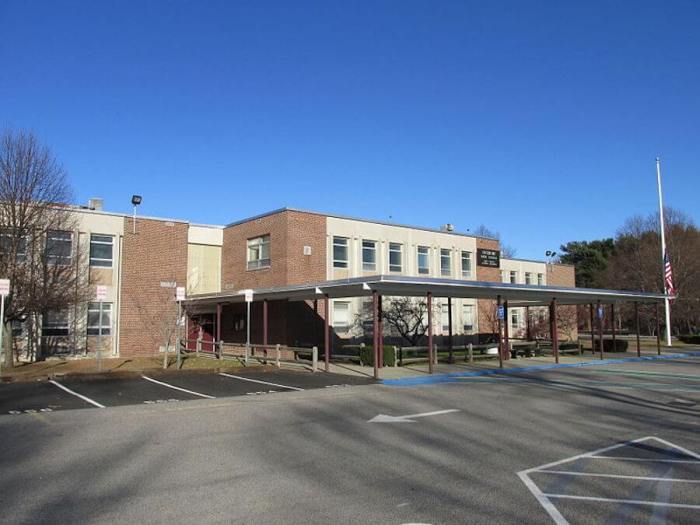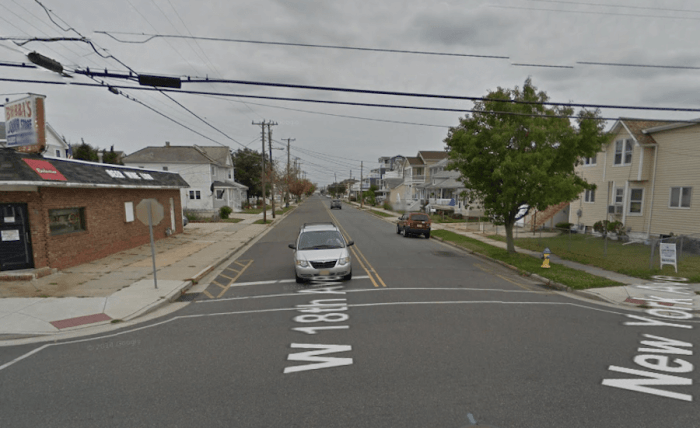As the Cornell Tech campus begins to take shape on Roosevelt Island, one residential tower — which will house graduate students and faculty— is stacking up as the first of its kind in the country. On Tuesday morning Cornell Tech and developer Hudson Companies offered a first look into the Passive House residential tower that will stand at 270 feet tall and house about 350 residential units on the brand-new campus. The building is the first Passive House high-rise tower in the country — and the tallest in the world. Passive House is a strict international building standard — usually used abroad for one-family homes — that aims to drastically reduce energy consumption while creating a healthier and more comfortable living environment. RELATED:Long-vacant Long Island City building coming back to life as ‘green’ tower Passive House buildings tend to use about 70 percent less energy than usual building standards. The Cornell Tech tower will not only be energy efficient, it will also feature a ventilation system that brings fresh air into the units, along with offering residents individual control of heating and cooling. “It’s really our responsibility to share this building with architects, developers and the engineering community all over the world so that they can duplicate what we are learning here,” said Deborah Moelis, architect from Handel Architects, which designed the tower. “We try and think of ourselves as almost the snow plow, that we are plowing away for everybody to come behind us a little bit easier.” The 26-floor high residential building will feature a mixture of studios, and one to three-bedroom apartments that all come furnished and with built-in Wi-Fi.
On the top floor of the tower, residents will be able to enjoy a 10,600-square-foot amenity space called The River Room with windows overlooking the Manhattan skyline and East River. The space is expected to feature a small kitchenette, library, outdoor terrace, green roof and common area for students to get together. According to Arianna Rosenberg of Hudson Companies, which developed the building along with Related Companies, the Passive House building is expected to fit into the campus, which aims to be innovate and sustainable. “We were really excited about this challenge because the university is all about innovation and technology and we felt like bringing this type of sustainability to the residential sector would be really exciting and that this building could be a focal point to move the needle on how we develope and build buildings in this city,” Rosenberg said. RELATED:Community solar set to give New Yorkers the benefits of solar energy, without the hassle The Cornell Tech campus, once completed, is expected to offer over 2 million square feet of space in various buildings.
The first phase of the project — which is set to open in 2017 — will include the opening of the primary academic building with solar panels on its roof; a co-location building which Cornell will use a majority of the space for academic purposes, and space leased to tech tenants; a utility plant which serves all the electrical needs for the campus; a possible hotel; and the Passive House residential tower.


















